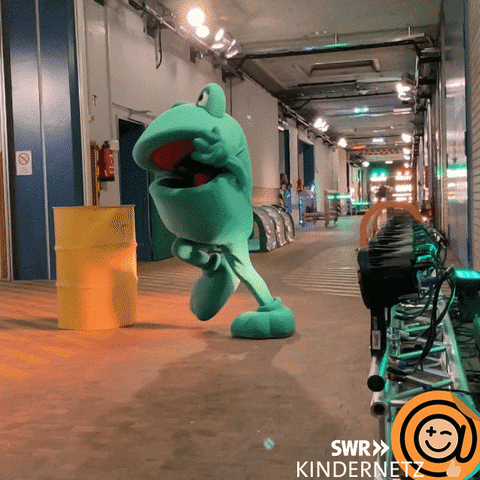- cross-posted to:
- linux@lemmy.zip
- cross-posted to:
- linux@lemmy.zip
Current features:
- Viewing information about the GPU
- Power/thermals monitoring
- Fan curve control
- Overclocking (GPU/VRAM clockspeed, voltage)
- Power states configuration
is there any advantage over corectrl or is it simply another tool?
The big advantage for me is that lact runs as a (systemd) daemon. This is more convenient for me than having to autostart CoreCtrl.
A disadvantage of the daemon is that it can’t be packaged on flathub.
Enable and start the service (otherwise you won’t be able to change any settings):
sudo systemctl enable --now lactd
You can now use the GUI to change settings and view information.LACT has an API over an unix socket.
I’ve been using this for a while now. It works great for me, basic fan control and temp info. I haven’t used any of the overclocking features though.
Dope, thank you for posting. Been using ‘Core CTRL’ for quite awhile but Imma give this a rip. For some reason the former tool never could control the fan curve for my GPU (all the other fans in the box worked fine with it) so this might be profit.
CoreCTRL, but written in Rust? Based. I’ll try it out when I have the time.
Saving this one. Thanks, man for the heads up
Sad to see that it’s GTK-based. Cool concept overall though, I may give it a shot at some point to compare to CoreCTRL
As a GNOME user, I’m happy to see it’s GTK, but idk why it’s not Libadwaita.
We’re never gonna get one cohesive UI on Linux, it’s always gonna look out of place somewhere.
If the backend is not tied to the UI, it might be easy to reuse the work for a Qt6 front-end.








